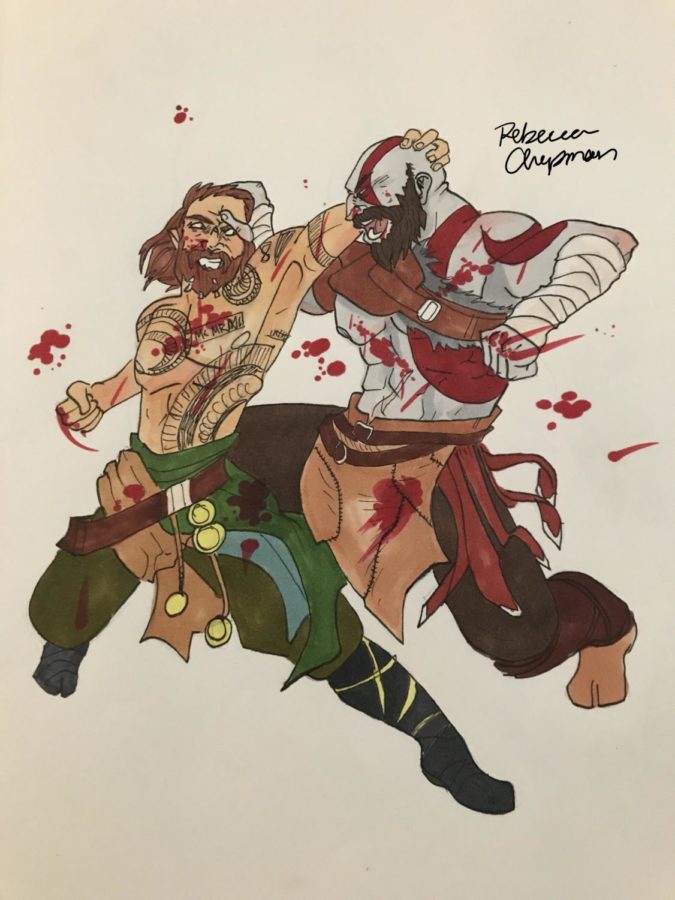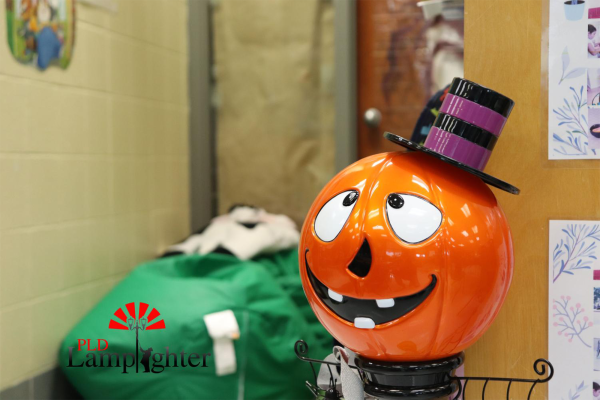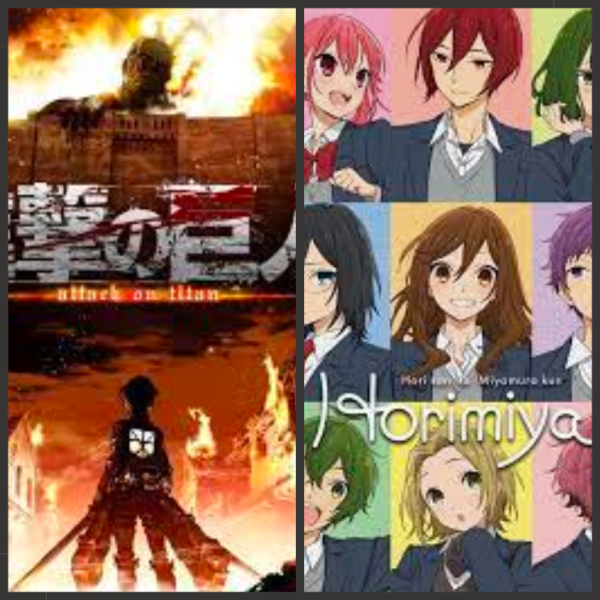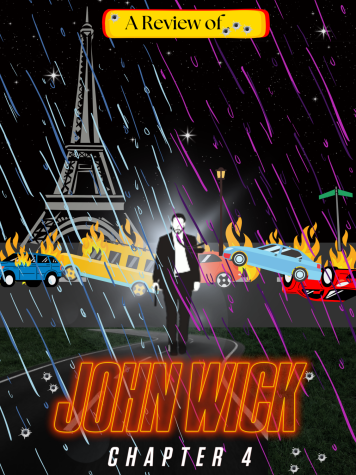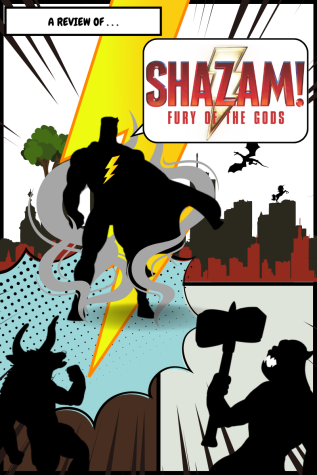Newest God of War Game Meets Expectations
The latest installment in the God of War series was released on April 20.
God of War 4 is an open world game full of lore, puzzles, quests, and battles. You play in a world based off of Norse mythology as a fallen Greek god named Kratos, accompanied by his son Atreus. Does that sound complicated? It may at first, but as you get through the game, the plot explains itself a little bit.
The whole story is that of development and change. The game pushes that Kratos is not the man he once was and if you’ve played the past God of War games, you’d definitely understand. In the past games, a perpetually furious Kratos went on a vengeance-fueled warpath against the gods of Olympus, killing most of them; starting with his predecessor Ares and ending with his father Zeus. The Kratos from those games is much different from the Kratos we see now, a disciplined father and teacher.
The game starts with the death of Kratos’s wife, Faye. He and his son, Atreus, must bring her ashes to the highest point in all of the nine realms, as the setting is placed in Norse mythology. Kratos and Atreus at the beginning of the game do not have a close relationship, but through their quest they grow closer, whilst training and meeting ethical dilemmas, stopping at nothing to fulfill Faye’s wish of having her ashes spread.
Like all God of War games, it is absolutely wild, with grandiose cutscenes where an indestructible god punches you right over your house and through a cliff, or when an angry mother reanimates a colossal giant corpse to stop you from fighting. The game is full of unrestrained brutality and twists and outright insane stunts, but it pulls them together so well, much like a classic Greek or Norse hero fable.
What makes God of War 4 stunning is its option to balance story and gameplay. At the beginning of the game, you can select a story-based game, a combat-based game or a more balanced game.
When considering the combat, the animations feel smooth and the camera that follows Kratos through gameplay and cutscenes doesn’t cut often if at all, making the whole game one cut. Instead of using loading screens, the game uses slow moving elevators to load the next scene or event, whilst providing for character interactions and lore. The enemies are just hard enough to make you really work but not so hard that you die in the game too often and grow frustrated or impatient. The combat is quite like Dark Souls, as it requires a lot of parrying, dodging, and interacting with the environment.
The story weaves itself into the gameplay in a way that makes sense and feels real. The characters are largely consistent, with the exception of fantastic character development. The lore reveals itself as you progress and once you reach the end of the game, Kratos says: “One question is answered but two more takes its place,” setting up the plot of the next game.
It’s a well-paced storyline and, though the road to the end is rife with many obstacles that sometimes feel a touch monotonous, it keeps the game going. Despite its repetitive nature, it is still just eventful and interesting enough to keep the player invested.
The artistic talent that went into making this game is incredible. Kratos’s character model looks and feels like a real person, and is animated in the same way. The actor Christopher Judge has replaced TC Carson for the voice acting role of the God of War. It’s impressive for a voice actor that voices an emotionally guarded character to voice subtle changes that betray some emotion.
Overall, this Game gets 4/5 stars.

Rebecca is a senior, as well as an artist, feminist, and author. She can't wait for her first year on staff!























